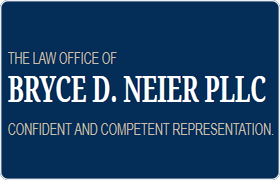Linden Family Law Lawyer, North Carolina
Sponsored Law Firm
-
 x
x

Click For More Info:
-
The Law Office of Bryce D. Neier PLLC
2525 Raeford Road Fayetteville, NC 28305» view mapDivorce and Family Law Confident and Competent Representation
Your advocate and voice of reason during family law disputes.
800-979-4310
Includes: Collaborative Law, Domestic Violence & Neglect, Paternity, Prenuptial Agreements
April Howard Phillips
Criminal, Family Law, Personal Injury, Workers' Compensation
Status: In Good Standing
FREE CONSULTATION
CONTACTWhitney Shea Phillips
Personal Injury, Family Law, Estate Planning, Criminal
Status: In Good Standing
Lucian H. Felmet
Lawsuit & Dispute, Family Law, Personal Injury, Accident & Injury
Status: In Good Standing Licensed: 50 Years
 Bryce Neier Fayetteville, NC
Bryce Neier Fayetteville, NC AboutThe Law Office of Bryce D. Neier PLLC
AboutThe Law Office of Bryce D. Neier PLLC Practice AreasSpecializations
Practice AreasSpecializations
